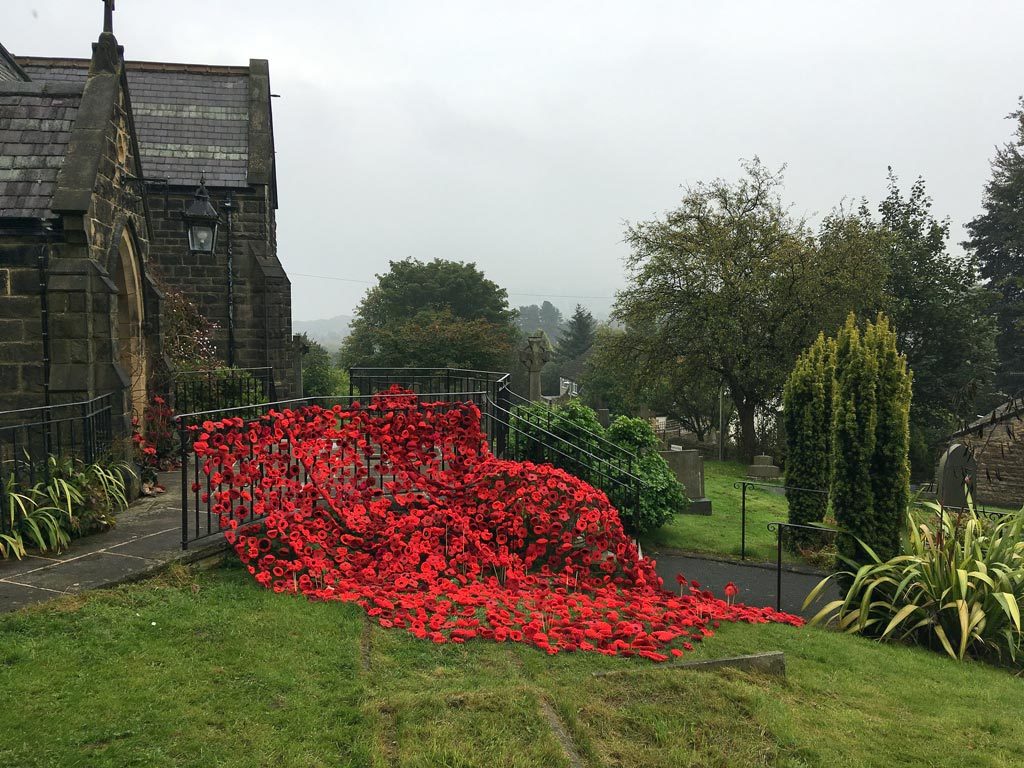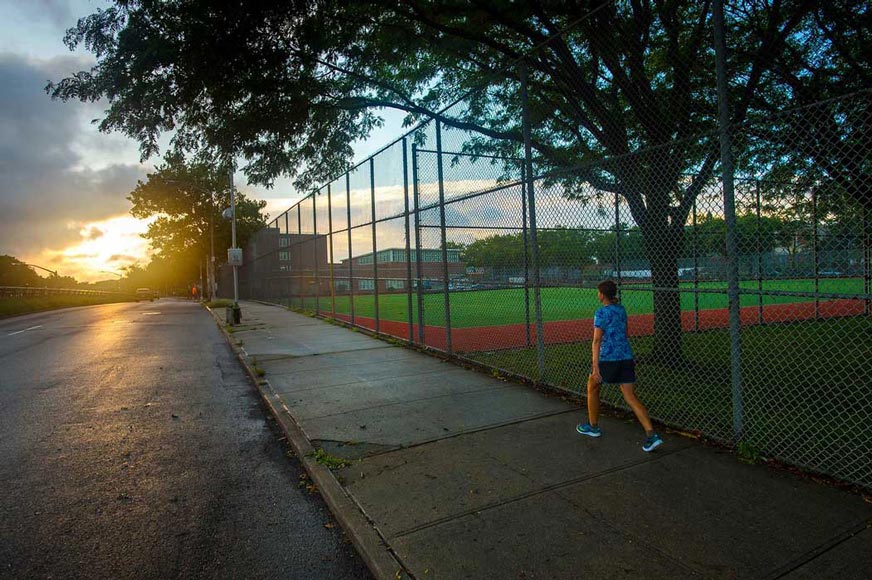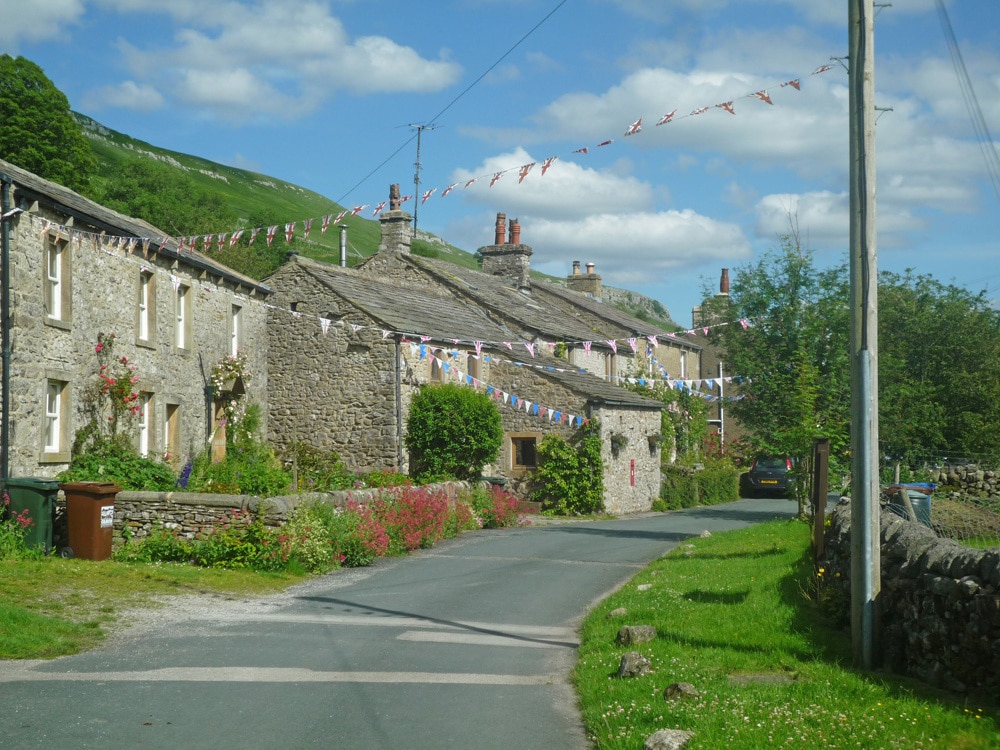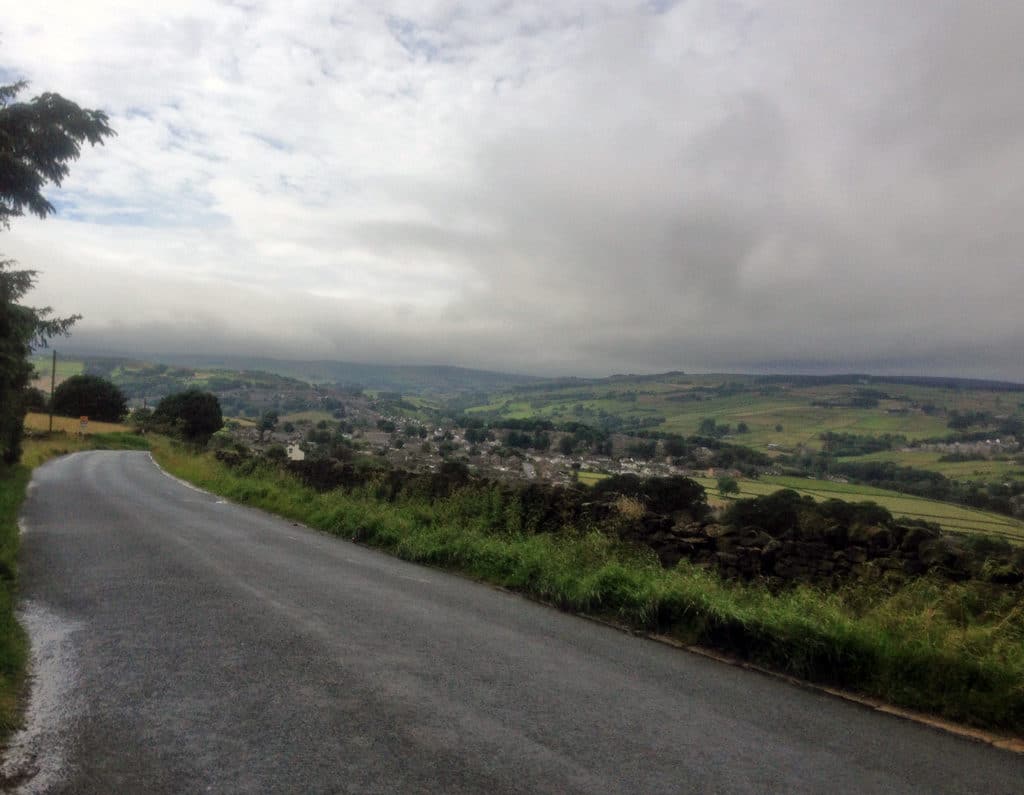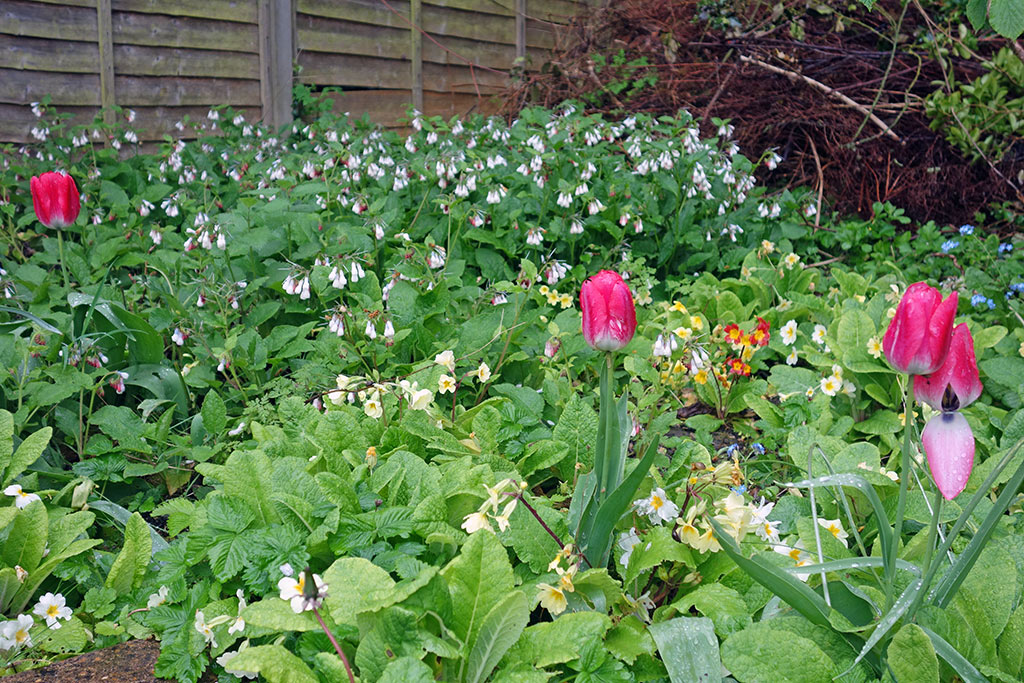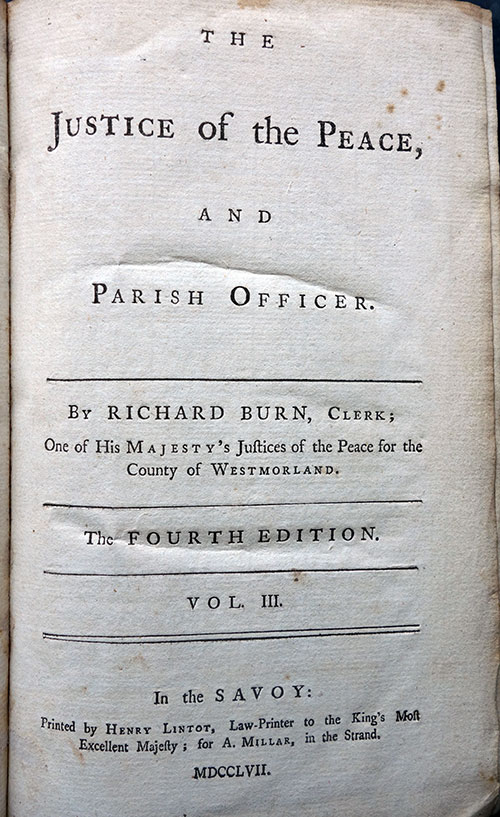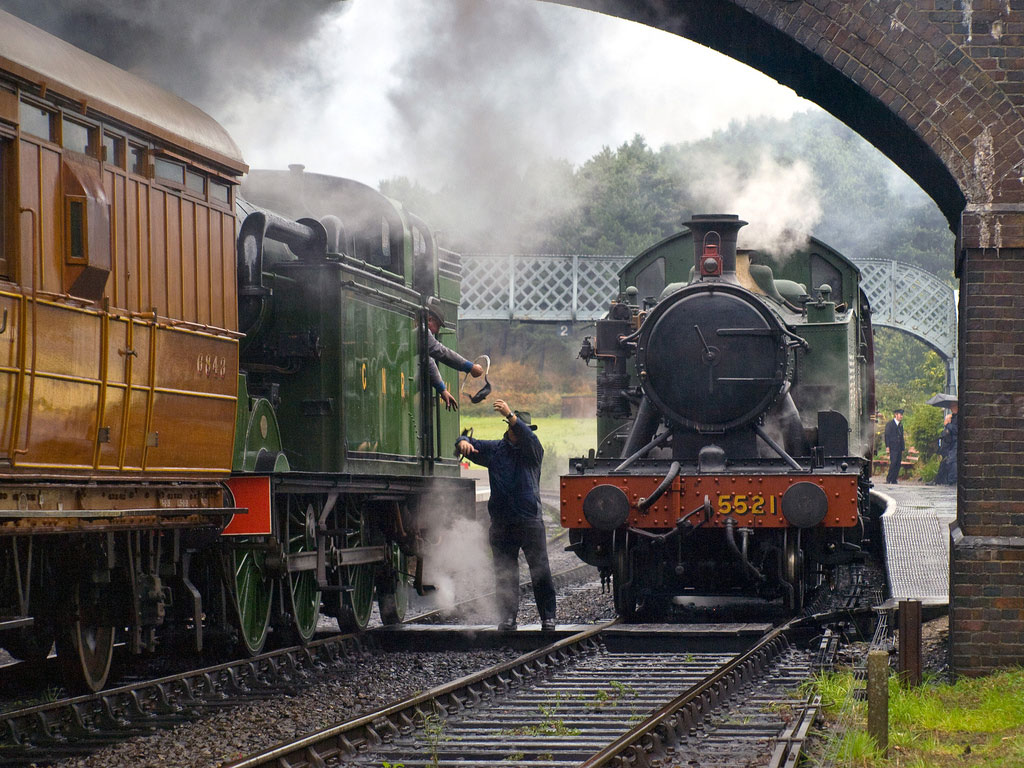The meaning of remembrance and a better future
In the UK, Remembrance Sunday is a significant event to honour those who died during the world wars. This year is of special significance because it marks 100 years since the armistice ending the First World War.
When I was young, our school went on a trip to Belgium to visit former battlefields and cemeteries. The most striking thing was the realisation that easily I could have been born 100 years earlier and faced the prospect of going to war. I have always been grateful for being born in a time of peace and not have to face the challenges of that generation.
***
Once, I watched a long documentary about the First World War. One striking thing was in the first episode. They interviewed Bertrand Russell (a famous pacifist who was later sent to jail for later campaigning against the war) Russell noted that when war was declared he couldn’t help but notice and feel a wave of enthusiasm for the war sweep the whole nation – like an external force. He was shocked to be aware of and feel this enthusiasm in the air, even though his whole nature was personally against war. Perhaps the war was the unstoppable culmination from many years of inner aggression and striving for supremacy amongst the powerful nations.
***
Often I have thought – how would I respond if I was a young male in 1914? The over-riding feeling is gratitude I don’t have to make a choice. I am not a pacifist – there are times when it is necessary to fight – but also I do not believe you should fight simply out of patriotism or because your government tells you to. …
The meaning of remembrance and a better future Read More »

